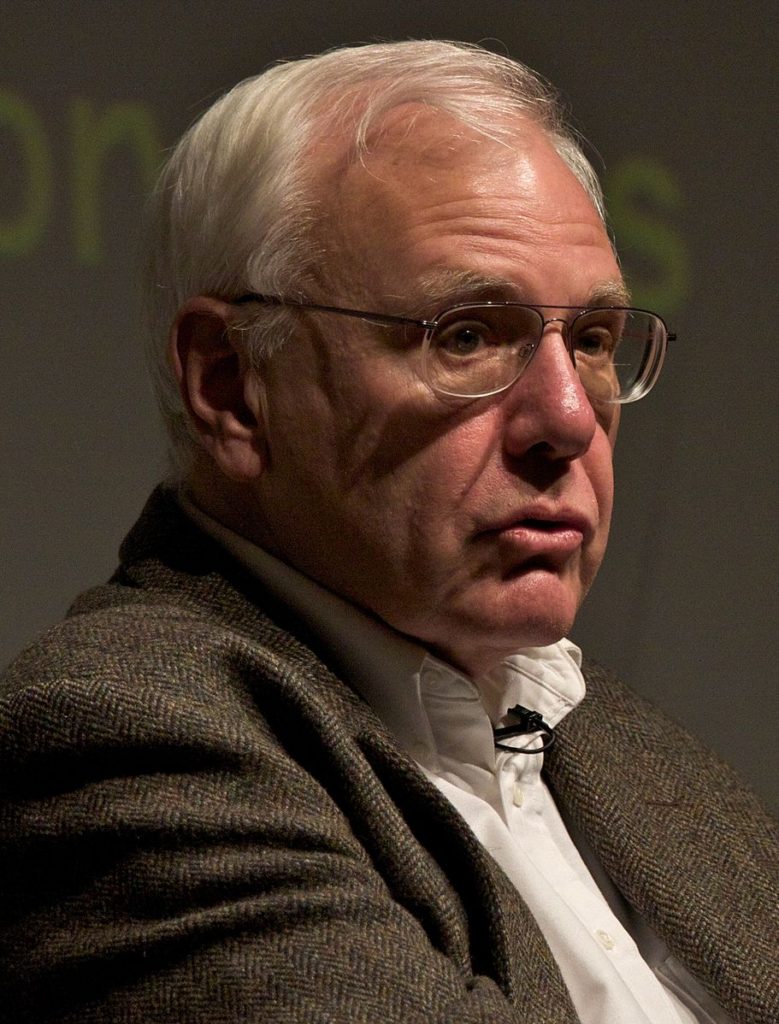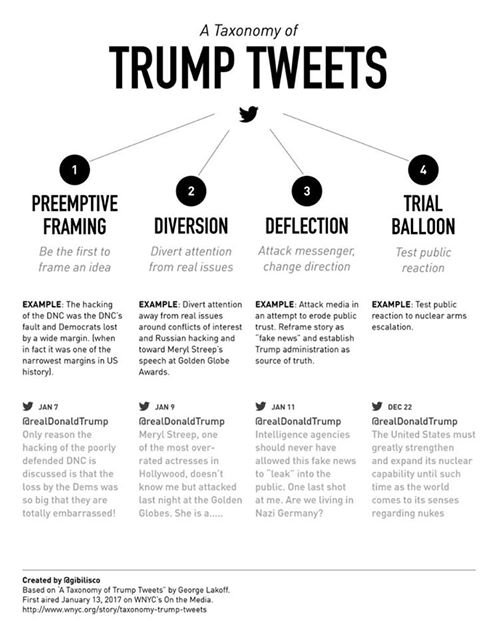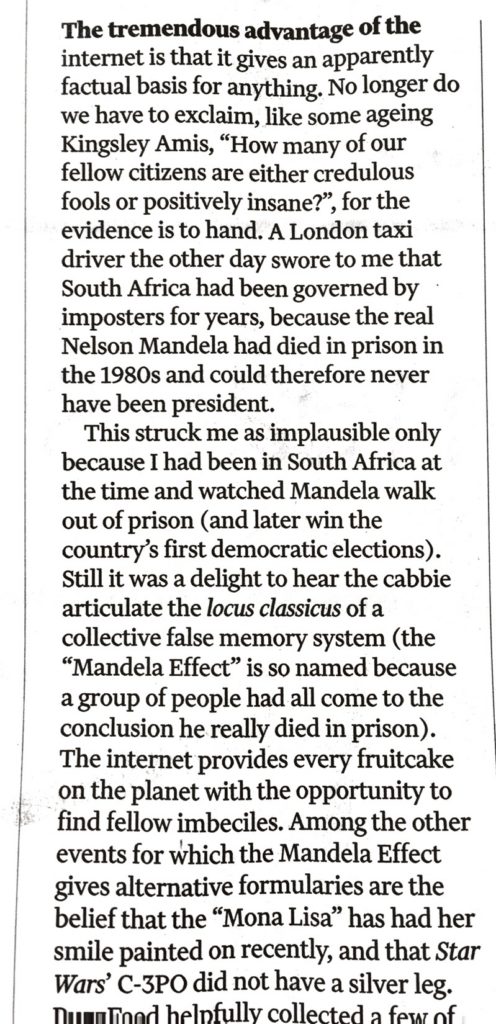I love this. From Tyler Cowen’s blog.
Category Archives: Asides
Chuck Thacker RIP
Photograph cc-by Marcin Wichary
Charles P. (Chuck) Thacker was one of the great generation that took networking and the personal computer into the mainstream world. After studying at UC Berkeley and developing the Berkeley Timesharing System on an SDS 940 mainframe, he was one of the ‘dealers of lightning’ recruited by Bob Taylor when he set up the Computer Systems Lab at Xerox PARC. In three years, Chuck, Butler Lampson, Bob Metcalfe, David Boggs, Alan Kay and Charles Simonyi invented much of the computing kit we use today — from graphical windowing interfaces and the mouse (adapted from Douglas Engelbart’s original design) to Ethernet local-area-networking and the laser printer. I got to know him in the late 1990s when I was writing my history of the Net and he was working in Cambridge in the Microsoft Research Lab. The photograph captures him as I remember him: large, imperturbable, wise, friendly.
Psychotherapy, Silicon Valley style
Lovely New Yorker cartoon shows a start-up ‘entrepreneur’ on a therapist’s couch. “I guess I want what everyone wants”, he’s saying, “— a billion dollars for being a jerk.”
Trump’s strategic use of Twitter
Deaths from terrorism in the UK: some context
From The Economist.
I guess most people in the UK have forgotten the IRA campaign in the 1970s and 1980s. Or the Lockerbie bombing in 1988. The difference between then and now (apart from the numbers killed and injured) is that the IRA had a set of ‘political’ objectives, and in the end it was possible to negotiate with them — which is how the Good Friday Agreement came about. But Islamic terrorism doesn’t have any negotiable objectives — unless you count the extermination of ‘infidels’ as one.
Hard work and compound interest
Apropos nothing in particular, I was struck by an extract from Richard Hamming’s book, The Art of Doing Science and Engineering that Tyler Cowen highlighted:
“Now to the matter of drive. Looking around you can easily observe great people have a great deal of drive to do things. I had worked with John Tukey for some years before I found he was essentially my age, so I went to our mutual boss and asked him, “How can anyone my age know as much as John Tukey does?”
He leaned back, grinned, and said, “You would be surprised how much you would know if you had worked as hard as he has for as many years”. There was nothing for me to do but slink out of his office, which I did.
I thought about the remark for some weeks and decided, while I could never work as hard as John did, I could do a lot better than I had been doing. In a sense my boss was saying intellectual investment is like compound interest, the more you do the more you learn how to do, so the more you can do, etc. I do not know what compound interest rate to assign, but it must be well over 6%—one extra hour per day over a lifetime will much more than double the total output. The steady application of a bit more effort has a great total accumulation.”
Mossberg’s valedictory message
The great tech journalist Walt Mossberg is finally retiring, This is from his final column:
If we are really going to turn over our homes, our cars, our health and more to private tech companies, on a scale never imagined, we need much, much stronger standards for security and privacy than now exist. Especially in the U.S., it’s time to stop dancing around the privacy and security issues and pass real, binding laws.
And, if ambient technology is to become as integrated into our lives as previous technological revolutions like wood joists, steel beams and engine blocks, we need to subject it to the digital equivalent of enforceable building codes and auto safety standards. Nothing less will do. And health? The current medical device standards will have to be even tougher, while still allowing for innovation.
The tech industry, which has long styled itself as a disruptor, will need to work hand in hand with government to craft these policies. And that might be a bigger challenge than developing the technology in the first place.
Yep. I’ll miss his unpretentious wisdom and sound common sense about technology.
Quote of the Day
“I call ‘journalism’ everything that will be less interesting tomorrow than today.”
André Gide, 1921.
Links for today
Kevin Kelly: “The AI Cargo Cult: The Myth of a Superhuman AI”
Kevin Kelly often annoys me (see his What Technology Wants, but this is rather good, not least because it argues that the biggest flaw in the ‘superintelligence’-as-existential-risk argument is its assumption that intelligence is a one-dimensional attribute. Nobody who has read Howard Gardner can agree with that proposition.
“Jill Lepore on the Challenge of Explaining Things”
Terrific interview with the Harvard historian and New Yorker writer. Contains this wonderful passage:
“I only ever wanted to be a writer. I love history, and I especially love teaching history, but I never intended to become an academic, and I’m baffled by the idea that reaching a wider audience involves using smaller words, as if there’s some inverse correlation between the size of your audience and of your vocabulary. You don’t talk about, say, technological determinism to a freshman the same way you talk about it to a colleague, right? Is it easier to talk to a freshman? No, it’s harder. Is it more important to give that student a clear explanation of the concept than it is to chat with your colleague about it? I think so, though I suppose that’s debatable. I love the challenge of explaining things to other people, in the same way that I love other people explaining things to me. I love being a student. Nothing is so thrilling as diving into scholarship I’ve never encountered before and trying to get my bearings, learning what so many scholars have been piecing together over a very long period of time, and trying to figure out how to bring that learning to bear on a problem that I, like a lot of people both inside and outside the academy, happen to be struggling with. The hitch is getting the scholarship right. I always worry I’ve missed something, or distorted something, or failed to understand the big picture. That’s the downside: missing something crucial. Nothing is more concerning, or more discouraging, than getting something wrong; there’s no real way to right it. It’s horrible; it kills me.”
Maciej Cegłowski: “Build a Better Monster: Morality, Machine Learning, and Mass Surveillance”
Terrific, thoughful essay on the dystopia we have been building. ANd what we might do about it.




